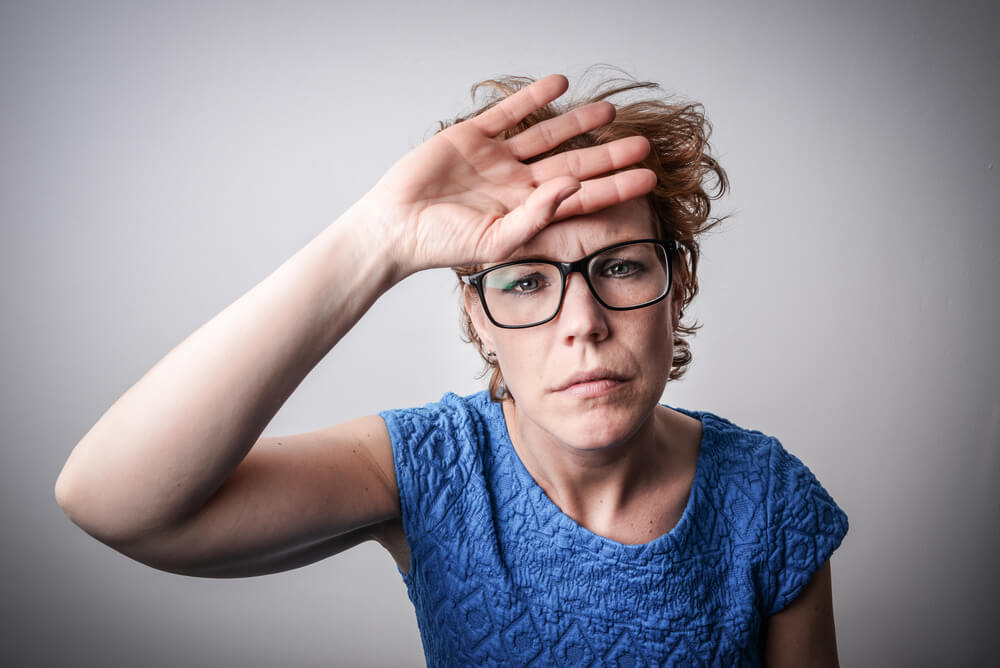Are you experiencing the dangers of hypoglycemia unawareness?
Hypoglycemia is a medical term used to describe low blood sugar. Normal blood sugar, in people who do not have diabetes, ranges from 70 to 100 mg/dL. When a non-diabetic’s blood sugar falls below 50 mg/dL, he can experience hypoglycemia. People who have diabetes can also experience diabetic hypoglycemia as a reaction to their medications, or when their blood sugar falls below 70 mg/dL.
Click here to learn the negative effects of diabetes on the body.
Hypoglycemia Unawareness
Hypoglycemia unawareness can occur in pre-diabetics and in people with type 1 and 2 diabetes. Medications that are used to keep a diabetics blood sugar in a safe range can also cause diabetic hypoglycemia by bringing the blood sugar too low. Research has indicated that patients who are treated most intensively are more apt to suffer from diabetic hypoglycemia, signaling that both physicians and patients should be aware of this problem.
Any non-diabetic can experience symptoms that resemble low blood sugar, but only those people with diabetes mellitus, type 1 or 2, can experience true diabetic hypoglycemia. Individuals with pre-diabetes, or those who suffer from insulin resistance, can also experience low blood sugar especially if their high circulating insulin levels are provoked by an extended period of fasting.
Diabetic Hypoglycemia Risks
Diabetics with hypoglycemia unawareness can suffer serious consequences. Individuals with diabetes who take insulin, or specific medications used to treat type 2 diabetes like meglitinides and sulfonylureas, are at a greater risk for experiencing diabetic hypoglycemia. The risks can be exacerbated when the individual prolongs fasting, or is more active than usual without adjusting his medications. Another hypoglycemic risk for diabetics is drinking alcohol without taking food.
Hypoglycemia has many symptoms that can include:
- Dizziness, shakiness
- Sweating, chills, clamminess
- Heart palpitations
- Irritability, anxiety, anger, sadness, confusion, bizarre behavior
- Tingling or numbness of the lips or tongue
- Blurred vision
- Headaches
- Hunger, nausea
- Fatigue
- Mental impairment, trouble speaking
- Lack of coordination
- Unconsciousness
- Seizures
- Death
How to Treat Hypoglycemia
Hypoglycemia unawareness can be due to the fact that it is difficult to identify hypoglycemic symptoms. As a diabetic experiences more episodes of low blood sugar, the brain begins to adjust to the effects and eventually stops identifying the problem. At this point, hypoglycemia unawareness can become a permanent condition. Sometimes, if low blood sugar episodes are avoided, the symptoms of hypoglycemia can be restored.
How to treat hypoglycemia will take dedication and vigilance. Some doctors suggest keeping a journal of your food habits, activity level, and insulin intake to identify triggers. You should always have plenty of glucose tablets available in the event that you need to raise your blood sugar level. You should also consider educating family and friends who can assist you if you need help during a hypoglycemic episode.
You should also consider having a CGM alarming device to alert you of having hypoglycemia during sleep, so that you can awake and treat yourself with fast-acting glucose. Try to maintain a healthy sugar level to sustain you before going to bed. This can include any snack with a good mix of protein, fats and carbohydrates, or a nutrition bar with a slow release of carbohydrates.
How to treat hypoglycemia during waking hours is not difficult. Always have a ready supply of quick acting: ½ can of juice or a soft drink, 4 teaspoons of sugar, 4 lifesaver candies, or 15 grams of glucose tablets. Take one of these treatments and wait 10 minutes before checking your blood sugar level to see if you are responding well. You can repeat this treatment up to 3 times, but if after 3 attempts of treating yourself your body is not responding well, you should call 911 for immediate medical treatment. Learn more at www.BetterHealthKare.com
